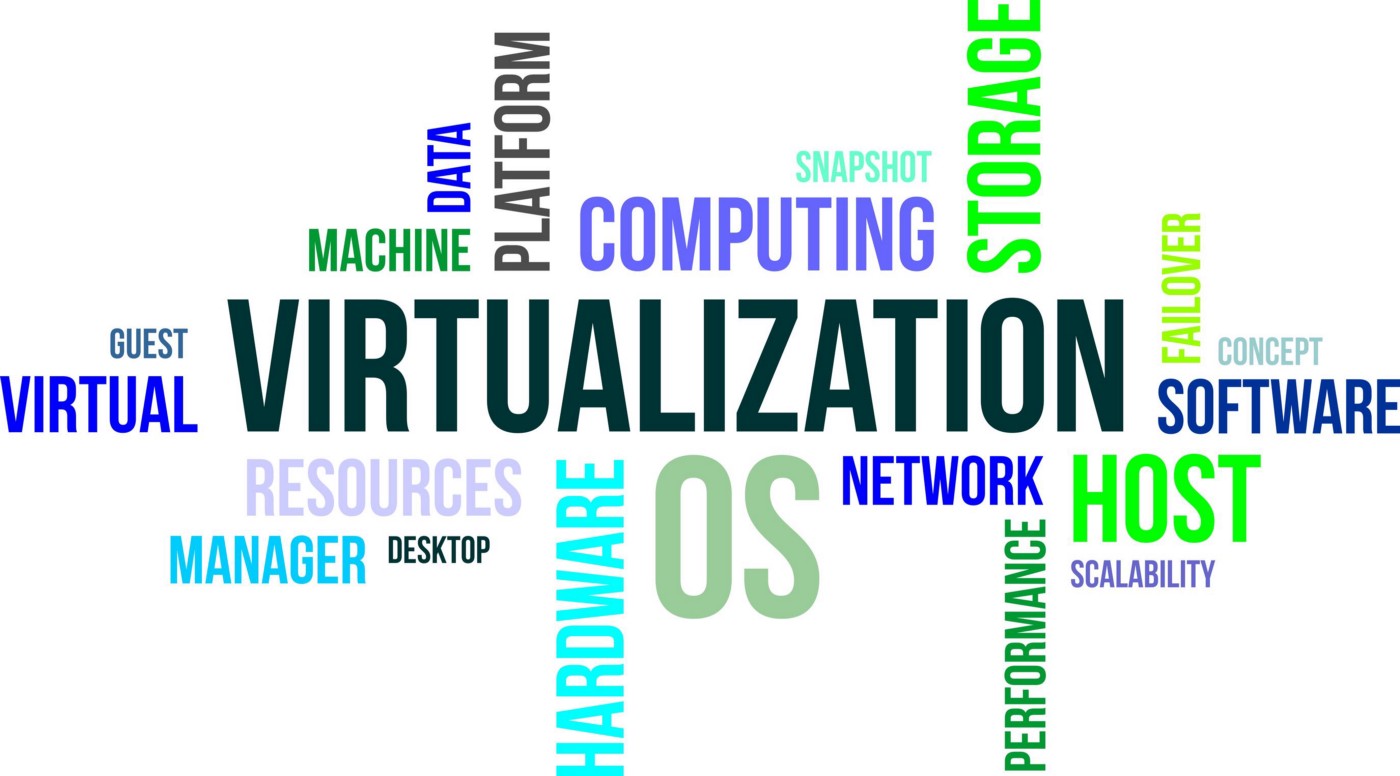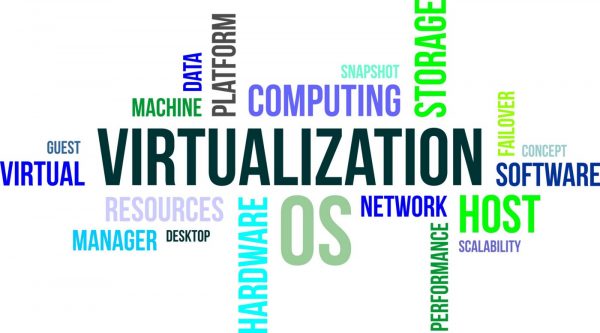You probably know what the word ‘virtual’ means. It refers to a non-physical representation of something material. For example, ‘Virtual Reality’ (VR) is supposed to resemble reality, but it’s not tangible. In Information Technology, virtualization refers to the creation of virtual or non-tangible versions of computer operating systems, servers, and networks.
Read more about Business Growth
When you virtualize desktops, servers, networks, and other IT resources, you make virtual (non-tangible) copies of them. Instead of these items existing within multiple sets of hardware, you could have several virtual IT resources existing on a single set of hardware.
How Virtualization Works
Here’s an illustration: you could have two operating systems— Microsoft Windows and a Linux –running on the same computer. Or you could have several applications on just one server. With virtualization, you can make the most of your computer and network capacity by running several virtual systems on each of them.
Virtualization happens when a virtualization layer is created to separate the hardware component of a system into compartments. This separation allows for the creation of several ‘virtual machines’, or ‘virtual computers’ each with its operating system and applications. These virtual machines and OS exist on a single physical machine or computer.
There are various types of virtualization, involving different kinds of resources. OS virtualization creates one or more virtual operating systems or machines. Server virtualization divides a single server into multiple virtual servers. And application virtualization runs applications that aren’t installed on your computer as though they were.
How Virtualization Can Help Your Business Grow
Here’s how virtualization can help your business.
Sign up for the Connect Nigeria daily newsletter
1. Reduced Costs
With virtualization, you can handle workloads on a single computer that would have taken you two or three such systems to get done. Each system can take multiple operating systems, which means you can deal with different tasks on each OS.
If you don’t have to acquire new infrastructure for every new hire or branch that you open, you’ll save a lot of costs. That’s what virtualization helps you achieve.
2. Manageability
You will need fewer people and tools to manage your resources. That’s because there’s a lot more you can track and take care of from fewer devices.
3. Less Energy Use
One problem with running single operating systems and applications on computers and servers is that it consumes a lot of energy. If you had several virtual machines on a single system (with each one running an OS) you would only need to power a single physical system instead of many.
This means your energy bills will be smaller. But it also contributes to environmental sustainability.
4. Disaster Recovery and Business Continuity
Virtualization plays a big role in Disaster Recovery.
When there’s a network outage, you risk losing important files. Even if you have them backed up in hardware on site it may take days to retrieve.
Register to attend the Connect Nigeria Business Mixer
With Disaster Recovery, you can have virtual versions of your operating systems, servers, and networks come on within minutes of an outage. This saves your files and allows you to carry on with work in a very short while.
5. Increased Productivity
Your team will get more work done when they can use multiple resources. They can turn to the ones that work best for each situation, and call on a wider range of applications whenever they need to get things done.
With increased productivity, there’s the prospect of higher revenues. And because you’re also spending less on fewer physical resources, your margins will likely be higher, and your profits could expand (other things held constant).
Final Words: How To Implement Virtualization In Your Business
If you are a business owner and you’d like to take advantage of the benefits that virtualization makes possible, you can consult IT service providers who offer virtualization solutions. Thankfully, there are a number of such firms in Nigeria. Compare the packages they present to you and settle for one that meets your unique needs.
Featured Image Source: Medium
Got a suggestion? Contact us: [email protected]


